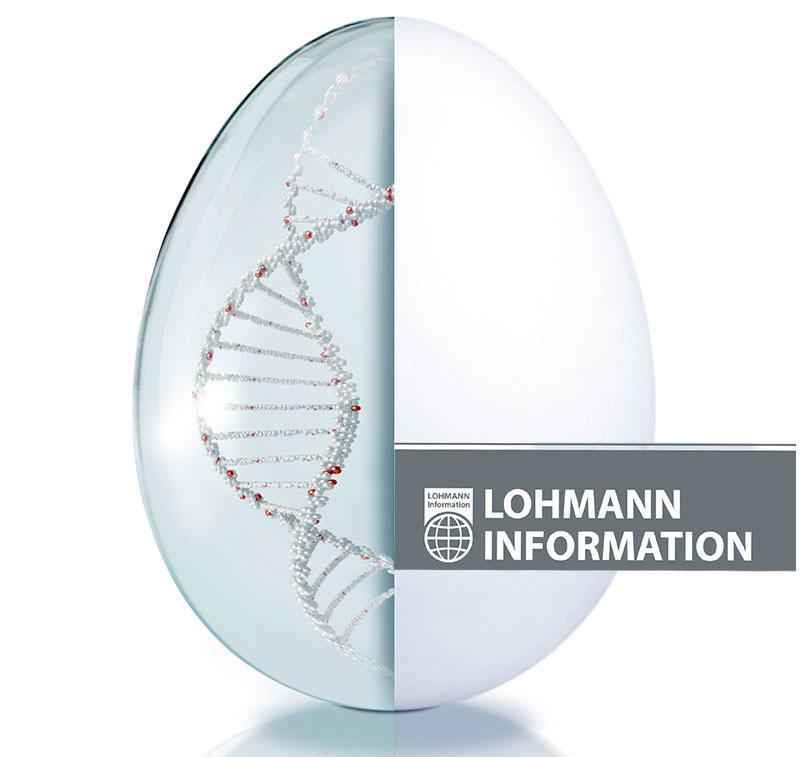
Summary Many people still suffer from iodine deficiency all over the world, but there is only a small range between…

Summary Crossbreeding in dairy cattle is of growing interest to dairy cattle breeders and milk producers since in the dominant…

Summary • Checking diet specifications on a regular basis is a key issue in profitable broiler production. • Statistical evaluation…

Summary Rearing pullets in deep litter and perchery systems requires more time, effort and expertise. The flock has to be…

Summary In broiler breeding, selection is often said to be focused only on rapid growth at the expense of traits…

Agriculture and food face both bright prospects and life threatening risks. These hazards have an entirely new origin. They result…
Et découvrez toutes les dernières nouvelles du secteur.